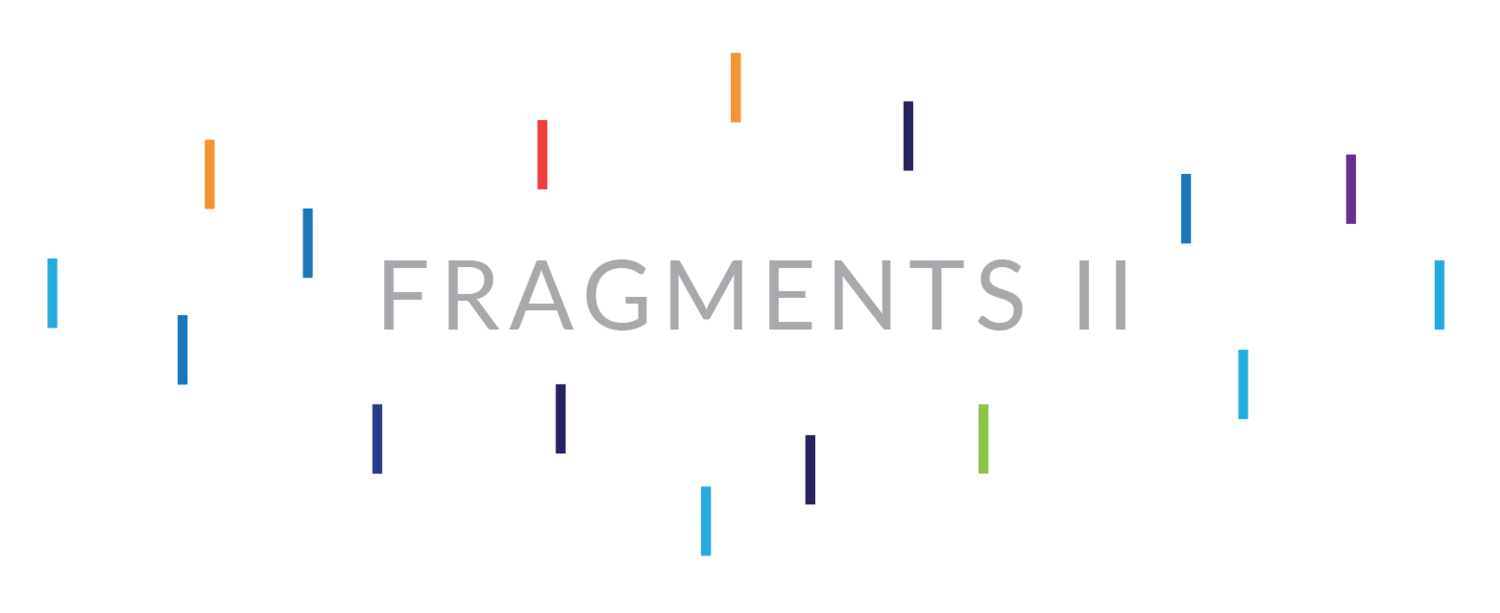What I Think About When I am Not Thinking About School
To be honest, most of the time I am thinking about school.
And, in this respect, I don’t believe that I am alone.
If you love what you do or derive meaning from being a part of a learning community, even in normal times it can take some considerable energy and discipline to flip the switch of School to its “off” position. In times like these, for many of us, the switch has remained “on” for so long that we have almost forgotten that life offers other ways of being and other things to think about.
I recall that the philosopher, Iris Murdoch, once referred to the problem of “switching off” in one of her reflections on the subject of attention. The human mind, she explained, is unable simply to turn its attention away from something by willpower alone. Rather, it needs to find another object of distraction.
Sitting on a beach on a Greek island this summer for a few days, I found my distraction in two books that had been sitting unread on my bookshelf for some time now: Murakami’s, What I Talk About When I Talk About Running (Yes, the title of this blog is taken from this book, just as Murakami took it from a writer named Raymond Carver) and The Philosopher Chef’s, Wisdom & Methodology of a Cook. I don’t consider myself an expert runner or chef, but I love to practice both, and these two books were particularly appealing inasmuch as they offered philosophical reflections on both pursuits.
And, almost inevitably, they made me think about school.
Two examples.
First, throughout his memoir, Murakami connects the craft of writing with the discipline of running and, at one point, he notes the following:
No matter how much I write, though, I never reach a conclusion. And no matter how much I rewrite, the same still holds true. All I do is present a few hypotheses or paraphrase the issue. Or find an analogy between the structure of the problem and something else.
Isn’t that what some of us are doing, day after day? We endlessly write and rewrite the story of our schools, but never reach a conclusion. Some days we feel as if we have it nailed, as each word resonates with what we hold to be most true about learning. In those moments, we feel like we have the School of the Future firmly in our sights. But then, like vanishing ink on a page, that future dissolves again into some faraway horizon. And so perhaps Murakami is right. Perhaps the best that we can achieve is to find hypotheses, patterns, and analogies that get to the heart of where we are right now and hint at where we need to go next.
Second, as the Philosopher Chef eloquently peels off the layers and invites us to consider cooking as an act of communal nourishment that literally makes the world a better place, only on page 133 does he finally reveal the four essential ingredients of being a great cook. And they are not necessarily what you might have expected.
The true value of a cook lies in his basics and fundamentals. The basics are a set of soft skills which a cook develops to learn his fundamentals… Technical skills can be taught and acquired with time… the basics are harder to teach… The basics which a cook should learn are to be on time, organised, clean, and sincere.
I daresay that most school leaders, looking back on the past 18 months would agree that the various technical skills required to get the job done are one thing - and can easily be acquired with time - but that, if the Covid-19 pandemic has taught us anything, it is the need to be clear on the basics of school leadership: to be present, to have skin in the game, to listen, and to care.
So, in the end, both authors, whilst taking me away from thoughts of school also brought me back to better thinking about what I do each day. And, in the process, they also made me pause for a moment to consider how we are teaching the students in our schools today to reflect deeply on the beauty and profundity of human routines such as running and cooking each day. Surely, that is also the kind of education that our children deserve.
Talking of children, I happen to have two grown up sons. One is a runner and the other is a cook. Both are expert at what they do. And so, in some ways, these books also helped me better understand who my own children have become.
But with the new school year now just around the corner, I will get back to thinking about school.
Photo by Michael Browning on Unsplash.




